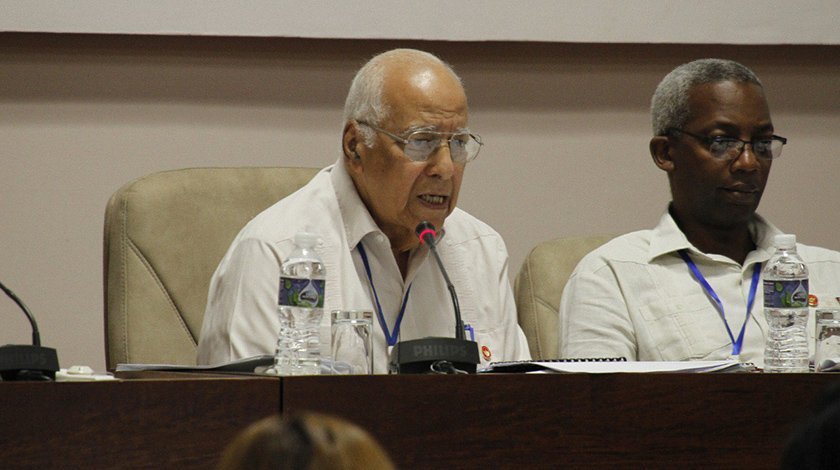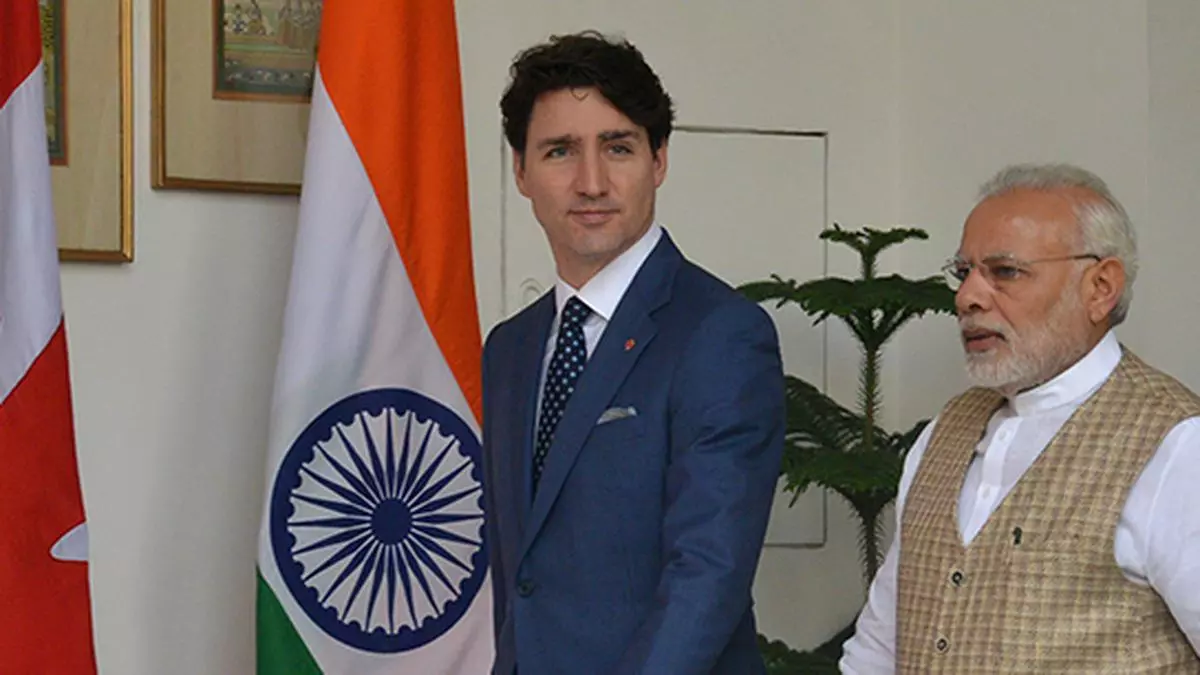Businesses regulated by foreign investment in Cuba totaled 327 as of last May, as reported by the Economic Affairs Commission of the National Assembly of People’s Workers (ANPP), which met this Wednesday in Havana.
Ricardo Cabrisas, Deputy Prime Minister and Head of Foreign Trade and Foreign Investment (Mincex), explained to MPs that these agreements have been signed with businessmen from more than 40 countries. report from the Cuban News Agency (ACN).
In this update on strategic activities for the development of the Cuban economy, the minister mentioned that of the disclosed volume, 167 businesses were related to Administrative contracts, 106 were joint ventures, and 56 were fully foreign capital.
Among the countries investing the most on the island, Cabrisas named Spain, Italy, Panama, Canada, Mexico, Vietnam, China, Australia, Britain, Germany and France, the information added.
Foreign Direct Investment in Cuba: contribution to national development
He also clarified that these entrepreneurs had to cope with the increasing financial and economic sanctions imposed by the US government on Cuba, and the effects of being included in the list of promoters of terrorism.
However, he acknowledged that there were still internal deficiencies to speed up the process, some related to bureaucratic procedures that delayed approval of proposals, as well as a lack of preparation of officials in entities and regions.
Holders of foreign trade portfolios assess the figure corresponding to the first half of 2023 as a “secret recovery”, with the approval of 18 businesses, six of which contracted to hotel administration (and marketing), which includes more than 55,000 bedrooms.
Apart from the tourism sector, it was revealed that currently there are businesses with foreign investment in the export of nickel and cobalt, as well as lead and zinc; in the commercialization of Premium and mechanical tobacco, the production and commercialization of rum, and in the production of oxygen and industrial gases and power generation.
Businesses related to the supply of liquefied natural gas to the capital, the production of beer, soft drinks, water, wheat flour, meat products, confectionery and coffee were also mentioned; production of packaging, toiletries and hygiene, furniture, and telecommunication services.
Cabrisas calls for greater participation of foreign investment in the development of the city, due to its contribution to exports, based on increasing added value, promotion of export funds and restoration of production, the publication highlights.
The Economic Commission for Latin America and the Caribbean (Cepal) recently acknowledged that in 2022 foreign direct investment in the island has shown little sign of improvement, setting up 35 new businesses, 18 more than the previous year.
Cuba has failed to promote foreign investment in its agriculture
Concretion in sectors that have recently opened up to attract foreign investment has yet to take off, such as retail trade, or others such as agriculture, which although they may be among the most up-to-date business portfolios.
In February this year, it was revealed that out of just five projects of this type formed on Cuban agriculture by 30 groups that were going through one of the approval or negotiation phases.

“Entrepreneur. Internet fanatic. Certified zombie scholar. Friendly troublemaker. Bacon expert.”






